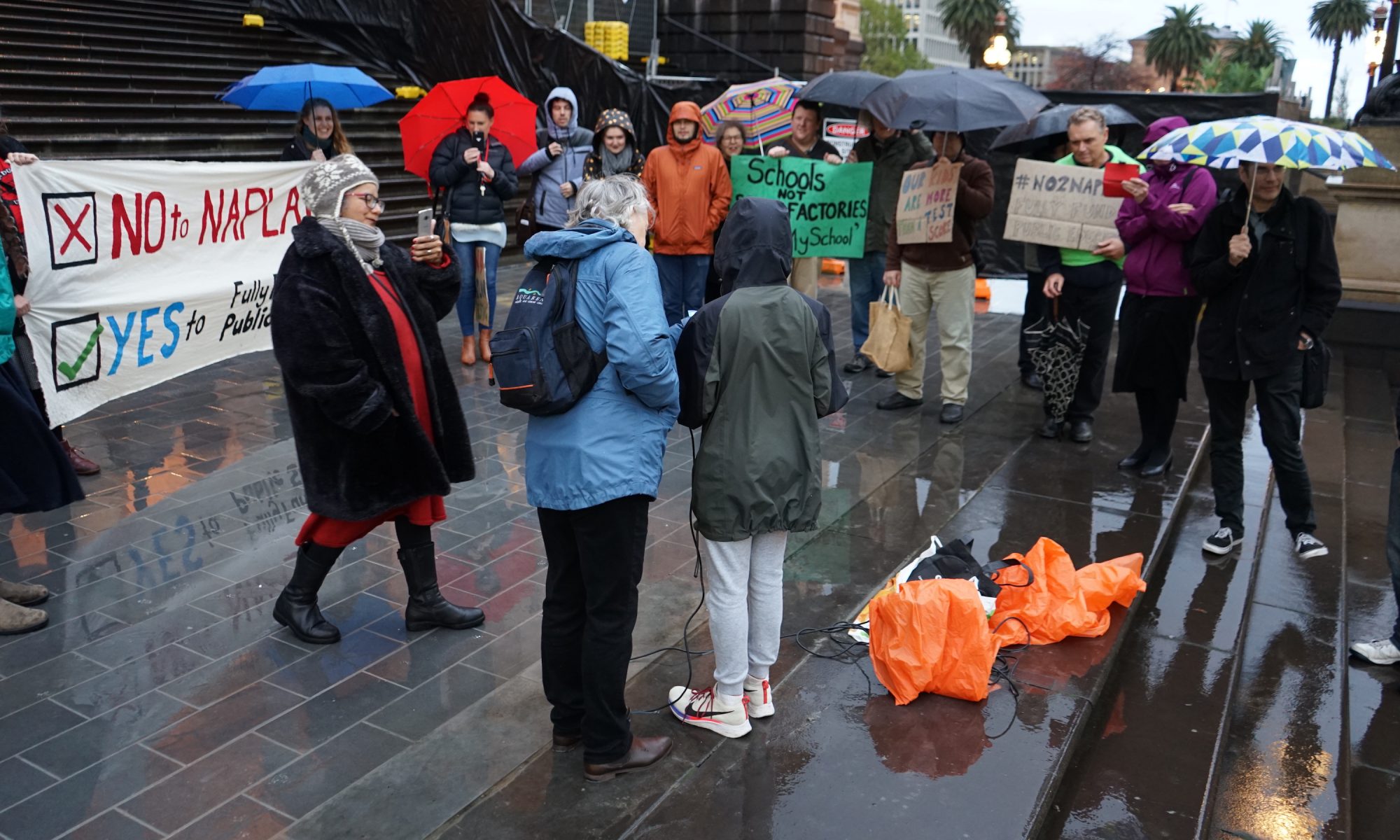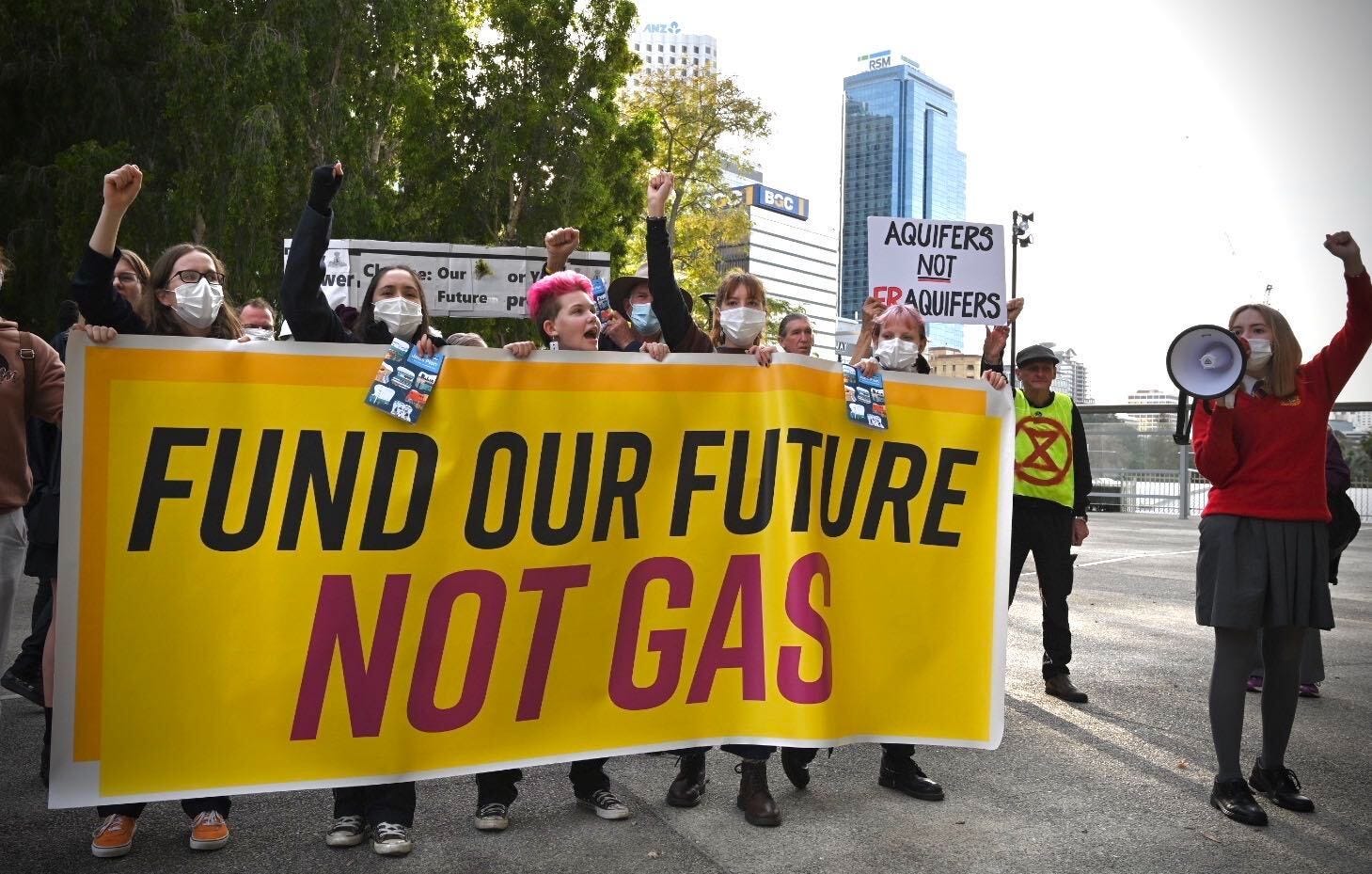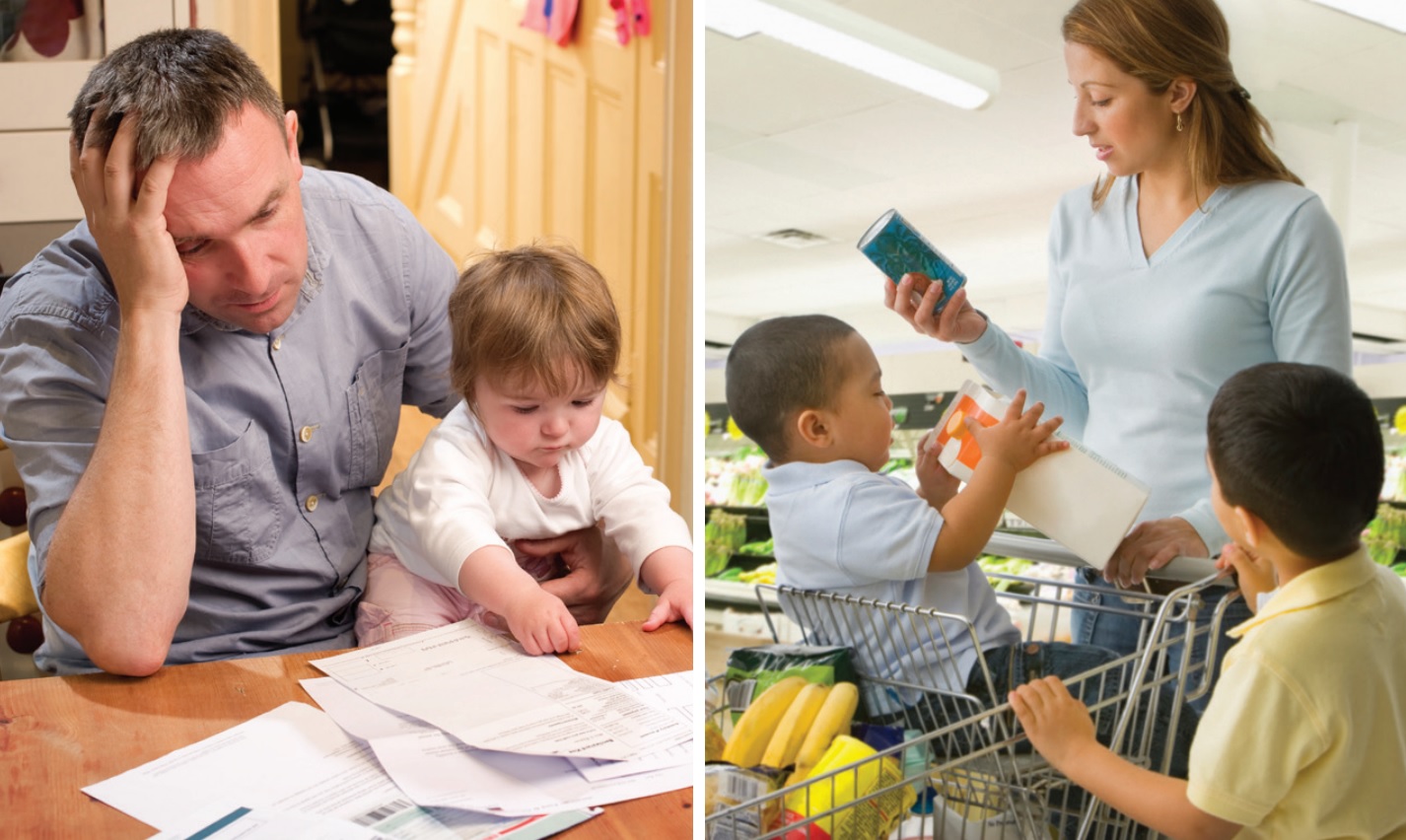For many weary parents and restless students in Metropolitan Melbourne, today’s return to school (for all except Year 8 to 10 students who will return next week) is a welcome relief. Yet teachers remain alert to the serious risk of transmission in our densely packed classrooms, corridors and staff rooms. When the announcement came two weeks ago, we did not find the Chief Health Officer’s half-hearted assertion that this plan was “relatively safe” at all reassuring.
Like most Victorians, our great fear is that if we botch this transition out of Stage 4 restrictions, we could face yet another lockdown, with remote learning dragging on into 2021. We are looking to the Victorian Government for a comprehensive plan and necessary resources to ensure schools will not become a major source of community transmission as they did in Israel.
Instead, we have seen haphazard responses and poor communication from both the Department of Education and Training (DET) and the Department of Health and Human Services (DHHS), neither of which seems willing or able to take responsibility for the safety of schools during this ongoing pandemic.
As case numbers rose sharply and one in ten schools shut down due to confirmed cases during the second wave, teachers, educational support (ES) and other school staff were left feeling unsafe and abandoned. We rightfully expect schools to be treated like other workplaces and are sick of the double standard. If restaurants and cafes can’t offer sit-down service, why is it OK to have over 25 students in our classrooms?
Mounting evidence of the prevalence of asymptomatic transmission challenges the assumption that because children are less likely to show symptoms, they are less likely to transmit coronavirus. And why would we risk it? A study by Public Health England found that a student was the likely source of transmission 8 out of 30 school outbreaks. What’s more, teachers and ES spend hours each day working closely with one another in confined offices, a risk that our politicians never seem to acknowledge.
With our intimate knowledge of conditions on the ground and access to detailed guidelines for safely reopening schools published by reputable research institutions, teachers and ES are well placed to advocate for the health and safety measures we need in our schools. Sadly, at the state level, officials of the Victorian Branch of the Australian Education Union (AEU) have been silent on the failures of the government response and the measures we need in schools moving forward. At the school level, each AEU sub-branch must be empowered to oversee their school’s Covid Safe Plan to ensure all necessary precautions are taken.
As Victorian public school teachers and rank and file members of the AEU, we have been asking that:
Schools in Metro Melbourne do not return until Victoria reaches the Third Step threshold of less than 5 new cases per day (on average over two weeks)
Numbers can rise rapidly and it is impossible to contain the virus to local areas, particularly when thousands of students will be travelling well over 5kms to and from school. As Australian epidemiologist Zoe Hyde recently argued, “Schools must not remain open for face-to-face teaching in the setting of ongoing community transmission.”
Rigorous testing, tracing and supported isolation are enhanced across Victoria and expanded to include asymptomatic testing and a systematic testing program for staff and students attending schools
The second wave of COVID-19 was driven by workplace transmission. Systematic and asymptomatic testing is the only way to stop outbreaks before they occur.
Staff who are at high risk, or who live with someone who is, are trusted to determine whether they need to continue working remotely.
The existing definition provided by DET is too strict and this has been a major source of concern.
All casual school staff are hired on a permanent full-time or part-time basis, so they are able to access the same leave and benefits available to departmental employees
Many casual staff have effectively been out of work since Term 2 and every effort should be made to protect these workers.
DET creates an evidence-based policy on ventilation, cleaning and physical distancing.
Medical knowledge about aerosol transmission of COVID-19 is rapidly evolving. DET should follow the safest possible advice to enhance airflow and ventilation in school buildings, as well as provide screens, dividers and resources to facilitate outdoor teaching. They must also provide additional cleaning support and hygiene supplies.
All staff and students are provided with two reusable face masks made to recommended standards, and protective goggles for primary, early childhood and special school staff
The tragic experience with hotel quarantine and aged care demonstrates the consequences of staff not being issued or trained in the effective use of personal protective equipment.
Physical distancing is maintained with 2 square meters per person in classrooms and staff rooms.
These are the standards being applied in other workplaces to curb the spread of COVID-19. Staggering breaks, start times and end times will also be crucial.
Each time a city has gone back to “business as usual” there has been a resurgence of coronavirus. If we have learnt anything from this pandemic, it is that patience and persistently prioritising the health of all are indispensable. While Federal Treasurer Josh Frydenberg urged the Victorian Government to include all secondary students in the October 12 return to school plan, feigning concern for their mental health, we stress that there will be no mental health for young people, and certainly no robust economy, if thousands of Victorians are falling ill and many dying. By making the safety of school staff and students a priority, the government might just save the whole community from a dreaded third wave.
By Daryl Croke, Mary Merkenich, Beth Muldoon and Carlene Wilson



